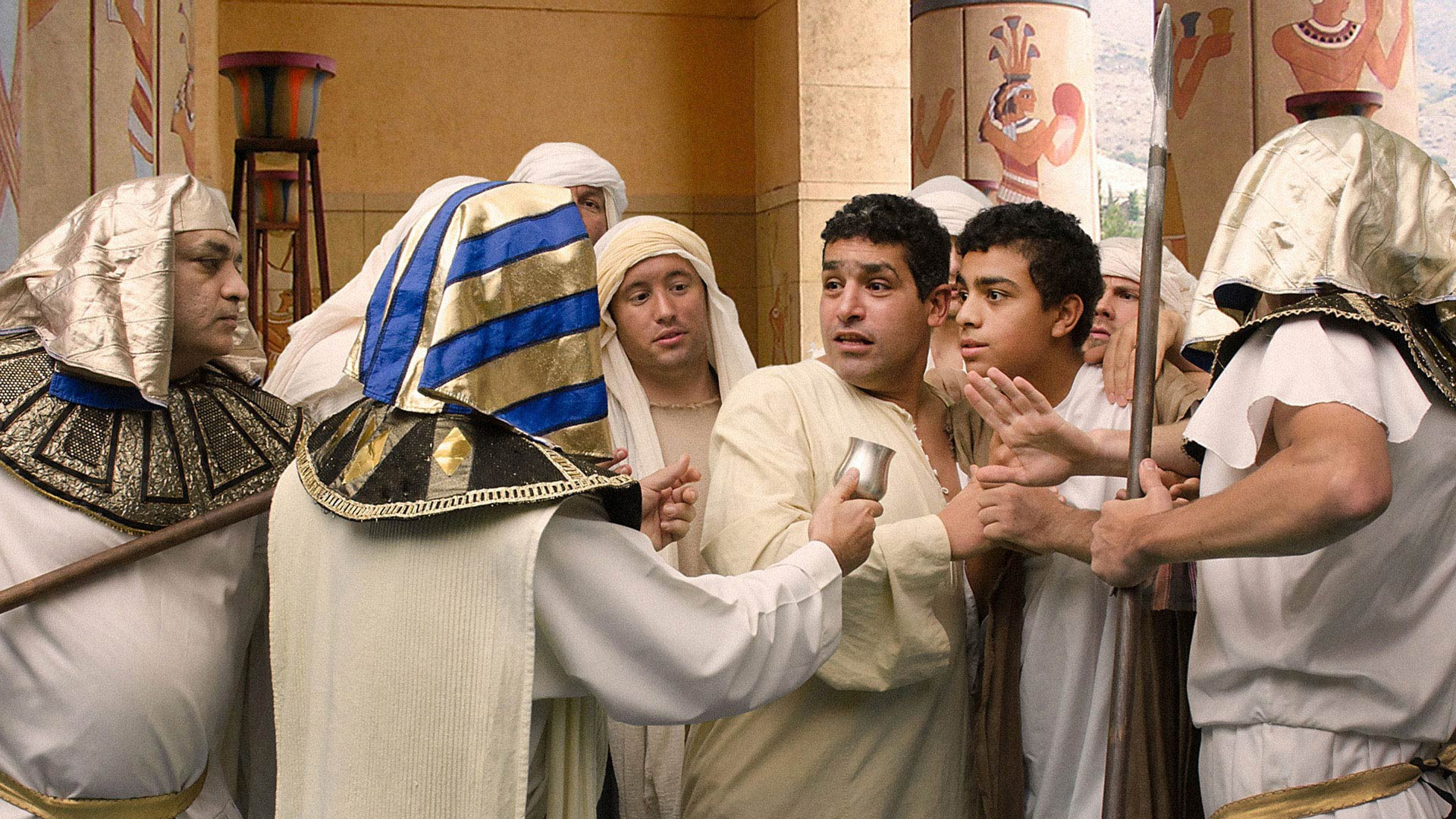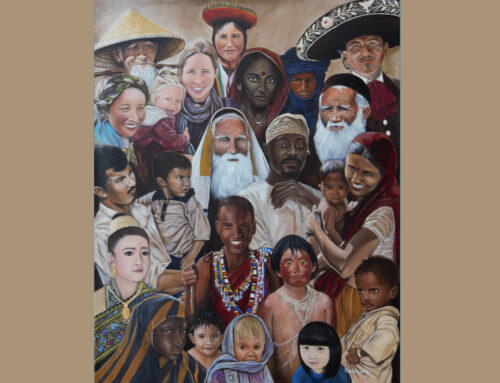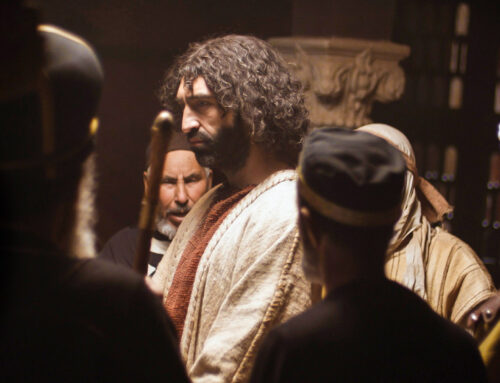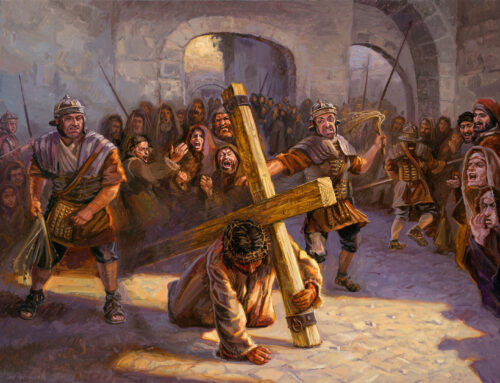We last saw Joseph in an Egyptian prison. Falsely accused and forgotten, we read of the Lord’s presence with him there (Gen 39:20-21). It is the first “But God” statement that we see in the Scripture. Although we are assured of God’s presence with Joseph in the dungeon, he remained there for at least two more years.
When Joseph’s delivery from prison came, it was quick and amazing (see Gen 41). Joseph was lifted from the pit to the pinnacle of power in what may have been only a day. Pharaoh put him in charge of all of Egypt and he was second only to Pharaoh himself. When the seven years of plenty came to Egypt, Joseph managed the abundance wisely, setting aside grain for the seven years of famine that God had warned were coming.
Joseph’s Brothers
The famine not only hit Egypt but also neighboring countries. Jacob, Joseph’s father, sent the ten siblings to Egypt to buy grain. When they arrived, Joseph recognized them as his brothers who had sold him into slavery, but they did not know he was Joseph. His behavior toward his brothers confused and frightened them. He called them spies. He asked about their father and if there were any other brothers. He put their money pouches back in their sacks of grain and hid his own cup in one of the sacks.
These ten older brothers, the ones who, nearly 20 years earlier, had thrown Joseph into a pit to die there and pulled him out again so that they could sell him and be forever done with him—these men now were at Joseph’s mercy. Standing before Joseph they wonder if this is punishment for their treatment of Joseph.
Joseph Restored His Brothers
All of Jacob’s family moved from Canaan to Egypt. They lived in Egypt and grew greatly in number. Jacob lived there with his sons and families for 17 years. When Jacob died, his sons were afraid that Joseph would retaliate for their treatment of him earlier. God had heaped grace upon Joseph; now he heaps it on his brothers:
“But Joseph said to them, ‘Don’t be afraid. Am I in the place of God? You intended to harm me, but God intended it for good to accomplish what is now being done, the saving of many lives. So then, don’t be afraid. I will provide for you and your children.’ And he reassured them and spoke kindly to them” (Gen 50:10-21). This is the first “But God” statement today.
This is not the End of the Story
This is a displaced family. Their home is Canaan, but they are living in Egypt. In Gen 13:14-17 we see that God had promised Canaan to Abraham. Years later he changed Jacob’s name to Israel and said, “‘The land I gave to Abraham and Isaac I also give to you, and I will give this land to your descendants after you’” (Gen 35:12). It is God’s desire to get his people back to Canaan.
And here is today’s second “But God” statement: “Then Joseph said to his brothers, ‘I am about to die. But God will surely come to your aid and take you up out of this land to the land he promised on oath to Abraham, Isaac and Jacob'” (Gen 50:24). And in case they didn’t believe him, Joseph repeated, “God will surely come to your aid,” in the following verse.
Lessons
- We have the assurance that God is with us, no matter how hard our situation. But just because God promises his presence it doesn’t mean we should expect an immediate end to our difficulty.
- Even things done against us, for our harm, God can use to accomplish his good purposes. We know that God will provide for us and we have nothing to fear.
- If we look back at the path behind us, we will probably notice that it is not straight. Twists, turns, mountains, valleys, dead ends, and what seems like years in the wilderness define our path. Oh, and detours, many of our own making, and many of God’s making. But the Lord walks with us. He asks us to trust him and he promises that surely he will come to our aid.
Go with God,
Ginger
If you haven’t read Joseph’s story recently I recommend you read or listen to Gen 37-50. It is full of drama, deception, family problems, and ultimate healing.





Leave a Reply